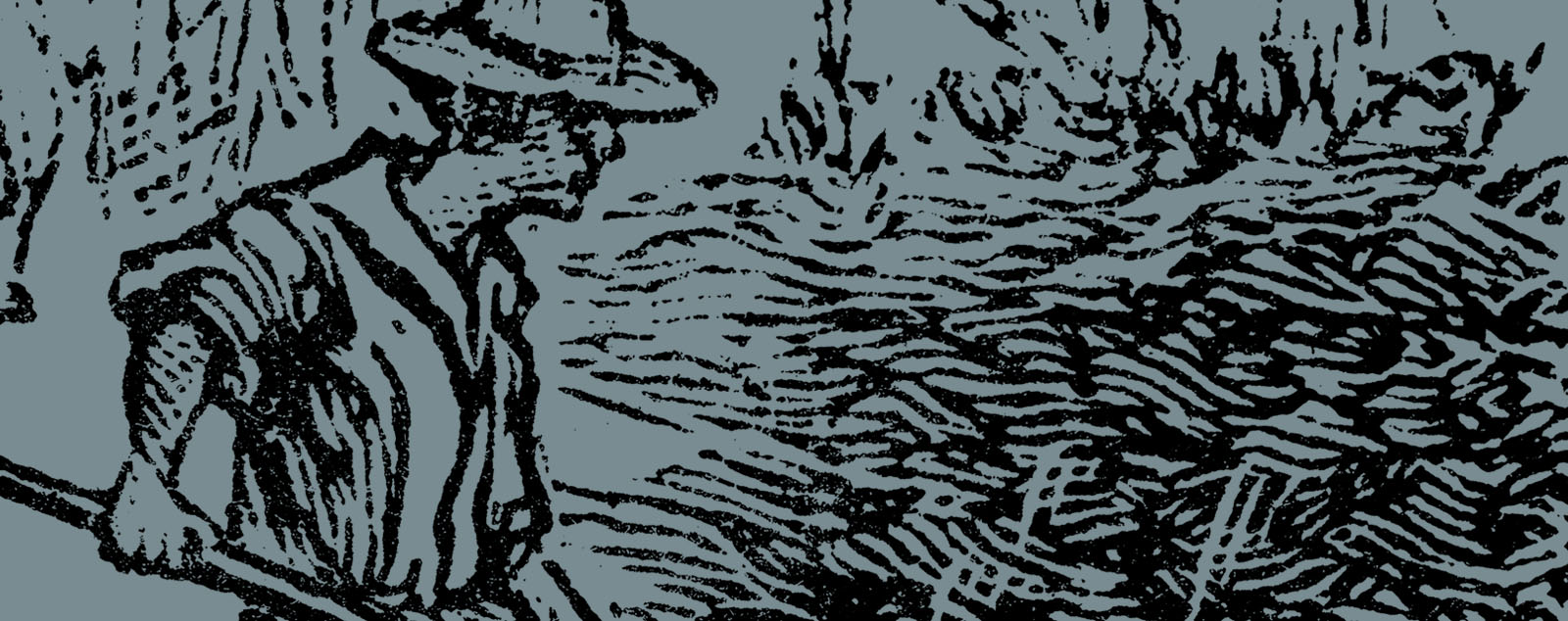

LIFE
The Science of Wellbeing
My review of The Science of Wellbeing by Laurie Santos. This online course by the Yale psychologist combines rigorous evidence and practical techniques in pursuit of wellbeing.
Count your blessings. Be grateful. Savour the moment. Perform a random act of kindness every day.
If, like me, you’re one of life’s rational sceptics, you’ll be naturally resistant to the saccharine exhortations from the airport bookshop self-help section. But over the years, I’ve been won over by what neuroscience and psychology tells us about how small a role the rational brain plays in our decision making. Life hacks that help you bypass counterproductive emotional hard wiring have a real benefit.
But my rational side still likes to understand what I’m doing and approaches that have a scientific basis have much greater impact on my behaviour.
Step up Laurie Santos, Professor of Psychology at Yale University, with The Science of Wellbeing. What started off as a response to concern about growing levels of stress and anxiety amongst Yale students has turned into an online course that has been accessed by over three million students worldwide.
The evidence and the practice
The 10 week course broadly splits into two halves. After an opening introduction, four weeks look at the best academic evidence about happiness and wellbeing:
- Our misconceptions about what makes us happy.
- Why our expectations are so bad.
- How we can overcome our biases.
- Stuff that really makes us happy.
Santos goes in some depth into the underlying academic studies that support her conclusions and provides all references for the interested reader. But she also keeps the discussion elevated to a level that enables us to keep a strong sense of the key conclusions. Filmed live in front of a student audience in her Yale residence, doing the course gives a real sense of going back to college.
The second part of the course looks at application. After a session on strategies to put the research findings into practice, four weeks are devoted to your own personal ‘rewiring’ experiment, finishing with a peer reviewed assignment. Full references and further reading are provided for the keen student.
Familiar themes
Much of the content and themes will be familiar to those of you that have read my The Life Factor e-book or my reviews of Stumbling on Happiness and Happy Money. Our mind plays tricks on us and is unfortunately not a reliable guide to what makes us happy. Things we think will make us happy generally don’t or at least not for long: a great job, higher pay, a great body, stuff. We underestimate our superpower of psychological adaptation. As a result, we consistently overestimate how much, and for how long, things will affect our wellbeing. We also tend to get drawn to these things that don’t make us happy rather than the things that are shown to do so: interpersonal connection, experiences, generosity, community.
Unfortunately, the rewiring is hard. We can’t think our way to change, but we can, over time, act our way to it. This requires experimentation, small steps, and formation, and reinforcement, of good habits.
Small wins, compounded over time
I’ve based my own approach on much of the same research that The Science of Wellbeing draws upon, which is why none of the above will be a great surprise to those of you who’ve been following my work. But Santos’ course provides a great discipline and structure to absorb the implications of the research in some detail, if you have the time. It is also impressively modest. It doesn’t promise transformation. The course recognises that around 60% of your happiness is determined by your genes and life circumstances. But that leaves 40% to play for. And the course offers small wins, earned by hard work, that compound to make a measurable difference over time.
To complete the course requires about two hours per week of direct study plus an hour or so to undertake the practice tasks in addition to the final assignment. So it’s a manageable, if not negligible, commitment of around 30 to 40 hours. If you want to get a sense for Santos’ style before signing up, you can try out her Happiness Lab podcast.
Having completed the course, I can’t promise you’ll be a happiness Svengali. When my wife was upset about something recently, and I suggested she start a gratitude journal, her response was, “Now I am actually going to be sick.” No amount of knowledge will make up for an inability to recognise when listening, not solutions, is needed. But The Science of Wellbeing by Laurie Santos, will give you a practical toolkit to work on your own wellbeing. And the evidence base to convince you that you won’t be wasting your time.
